Fun Fact About Coffee
Yes, to many, coffee is very important, and you just don’t mess with the first (two) cups in the morning. But after there can be a time for humor. I hope you can enjoy this coffee facts, either with or without a cup.
Just bear in mind, please, I am not a doctor. This article should not be taken as medical correct, more as humor. Most of the medical facts are true though.

In this blog post we will look at the following:
Nutrition Facts: Coffee Beans
Have you ever thought to yourself, ‘nutrition facts coffee beans…hmm, what nutrition do coffee beans actually offer’?
Well, if you’ve ever wondered what nutritional content there could be, you probably came up with this typical answer – it has caffeine that keeps you awake. But you might also not see that as a nutritional benefit. Well consider the following nutrition facts coffee beans offer just because of their caffeine content:
- improved mood
- improved reaction time
- improved memory
- improved general mental function
According to Healthline (a straightforward, expert-reviewed website about health and wellness), caffeine (a stimulant) in the coffee actually improves various aspects of brain function – including memory, mood, vigilance, energy levels, reaction times, and general mental function!
Quite a list of nutrition facts coffee beans offer… but that’s not in any of the four facts that we’re gonna discuss here… no! And it is not the following either:
- high levels of antioxidants
- burns fat
- wards off Alzheimer’s Disease, Dementia, Type 2 Diabetes, Parkinson’s, certain types of Cancer… some Liver Diseases….
- lowers your risk of heart disease and stroke
- helps you fight depression
Additional nutrition facts in regards to coffee beans that are not part of the 10 fun facts:
- Vitamin B2 – 11% RDI (Reference Daily Intake, also called Recommended Daily Intake, or Recommended Dietary Intake)
- Vitamin B5 – 6% RDI
- Vitamin B3 – 2% RDI
So what are the fun facts about coffee that won’t let you fall asleep? Keep reading to find out.
1. Will Coffee Keep Me Awake?
Your friend who is a novice to coffee ask you, ‘will coffee keep me awake?’. After a good laugh, you finally invite your friend to test for themselves if it will. So you get out that specialty coffee (cause you wanna make a great first impression, and you know if that special brew doesn’t convince your friend, nothing else will), and you put the additives you surmise will best appeal to them.
‘Will coffee keep me awake?’, you asked… well, here you go. Give it a try for yourself. I would’ve told you to go do some research, but figure it’d be more fun for you to run your own experiment.
Some hours after your friend says, ‘well, I think I’ve gotten the answer to my question ‘will coffee keep me awake?’, it sure did’.
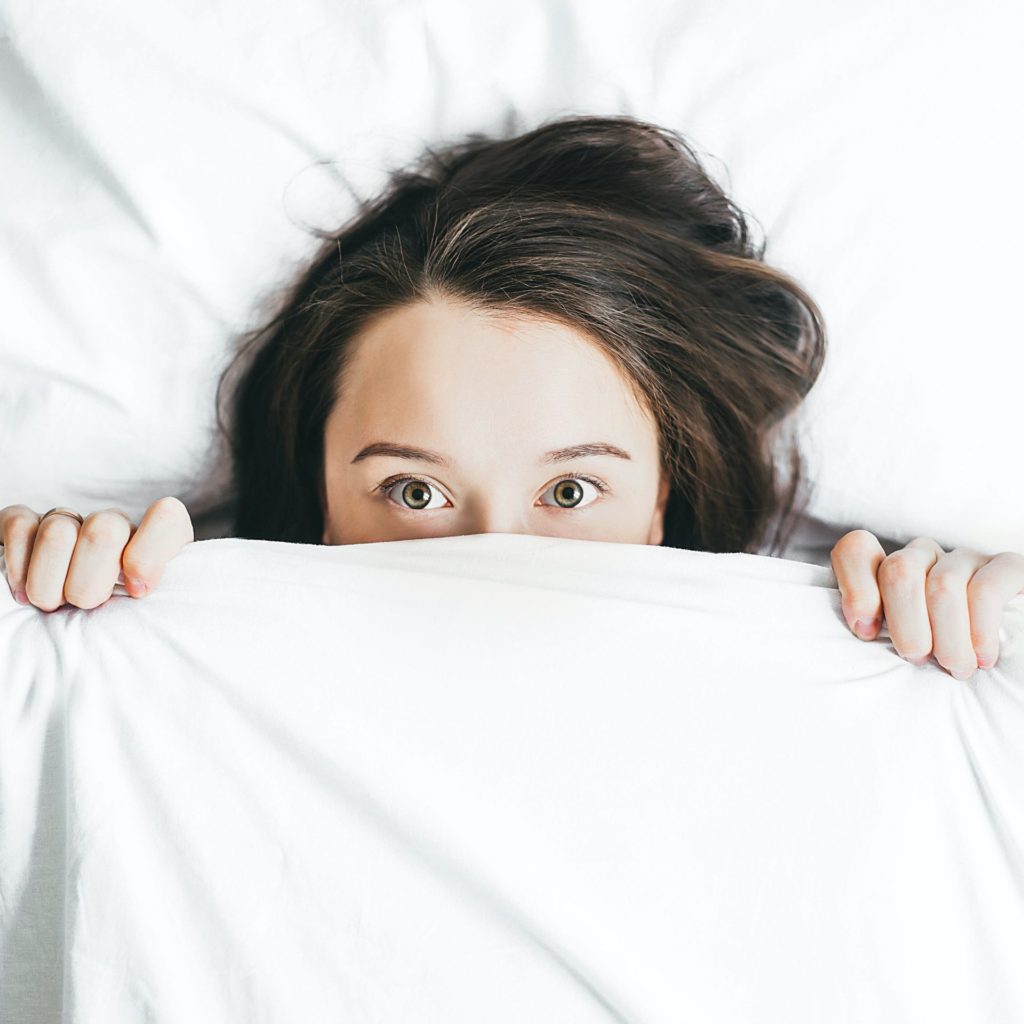
Ok, fine. So… maybe… you don’t wanna be so cruel to your friend 😀 …. Well, just share some facts with them from this website. According to this MedicalNewsToday article, it basically implies most adults can safely consume just under 1.3 cups (based on a rough calculation of the maximum 300 mg that the article spoke to) without sleep issues.
Additional information that mentioned in that article was the American Academy of Sleep Medicine’s estimate that a cup of brewed coffee contains roughly 95mg (or 0.4 cups) of caffeine.
Interestingly (though the effects of caffeine will be affected by factors such as age, body weight, etc. ), half the caffeine we consume will last about 5 hours in our body (the article refers to it as half-life), and the other half after that 5-hour mark! Within 15-45 minutes of consuming the coffee, your blood caffeine levels will peak (or reach their maximum). That means you will feel the strongest effects at this time when the levels peak – from feeling jittery to the sudden bursts of energy…
How Long Will Coffee Keep Me Awake?
Coffee is often used to wake us up in the morning, but it might also keep us awake at night. The caffeine in coffee affects our bodies differently depending on whether we drink it before bedtime or after waking up. To break down all this information about how long will coffee keep me awake, we have to say: it depends.
It depends from person to person how we react to the caffeine in our body. So are able to fall asleep even straight after 4 cups, others can not sleep 5 hours after 1 cup. If you anyways are drinking a cup of coffee at night time, why not try a Irish coffee? Here you find an easy recipe on Irish Coffee.
The Effects of Caffeine on Sleep Quality.
If you drink coffee first thing in the morning, it will likely make you more alert throughout the day. However, drinking coffee later in the day can cause insomnia because it stimulates the brain’s production of cortisol, a hormone that helps regulate sleep patterns.
The Effects of Caffeine on Sleep Duration.
According to research published in the journal Psychopharmacology, caffeine consumption before bedtime can lead to longer periods of wakefulness. In one study, researchers found that participants who drank caffeinated beverages at least three times per week were less likely to fall asleep within 30 minutes after going to bed than those who did not consume caffeine.
The Effects of Caffeine on Alertness.
Caffeine works by blocking adenosine receptors in the brain. Adenosine is a neurotransmitter that helps regulate sleep patterns. It makes us sleepy by increasing activity in the part of the brain responsible for arousal. By blocking these receptors, caffeine prevents adenosine from binding with them, making it easier to fall asleep.
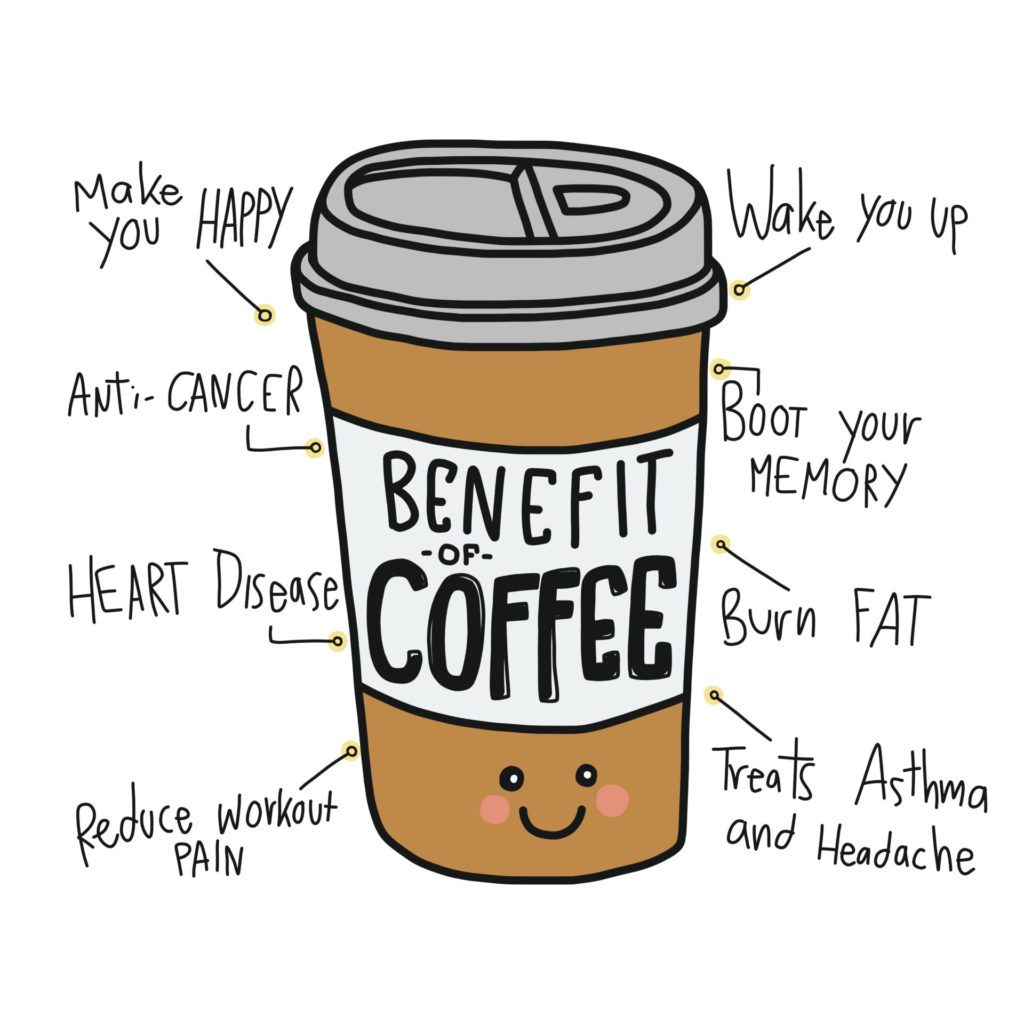
2. Coffee On Empty Stomach?
Have you ever wondered if it’s safe to have coffee on empty stomach? Well, the simple answer is, yes, you can safely consume coffee on empty stomach.
Many people assert that coffee first thing on an empty tummy is harmful to your health. This Healthline article brings out the following facts:
- research fails to find a strong link between coffee and digestive troubles – regardless of whether you drink it on an empty stomach or not
- while a small proportion of people are extremely sensitive to coffee and regularly experience heartburn, vomiting, or indigestion, the frequency and severity of these symptoms remain constant regardless of whether they drink coffee on an empty stomach or with food
The conclusion of the matter is this: pay attention to how your body responds. If you experience digestive issues after drinking coffee on empty stomach but not when drinking it with a meal, consider adjusting your intake accordingly.
Coffee increases the production of stomach acid but doesn’t appear to cause digestive issues for most people. Therefore, drinking it on an empty stomach is perfectly fine.
Here is another question for you: can you bring coffee beans on a plane from Hawaii? Find out in the new post. For many, Hawaii is a great destination, and coffee is absolutely a thing to bring back. But can you? Hey, if you are not going there, but are curious about where to buy it, I will even give a few tips on that in the post too.
Did You Know? – Facts On Coffee
Coffee beans can be considered a blessing from nature, as it has been scientifically proven to be beneficial to the body in many areas. Did you know it has high levels of antioxidants and nutrients? Well, you know now!
But, those aren’t the fun facts on coffee we were talking about. Neither is it the fact that the higher the altitude, the better the flavour profile. Nor is it about the fact that the high altitudes allow for slower growth thereby increasing the nutrient and mineral content, and thus developing a fuller, more robust flavour, like these Caribbean coffee brands. No.
You’re wondering to yourself, ‘hmm… so if those were not the fun facts on coffee, then what is?
Ever wanted to do a coffee tour? Well, check out this article “Places to visit Honduras“.
3. Fun Fact About Coffee- Erection Friendly!
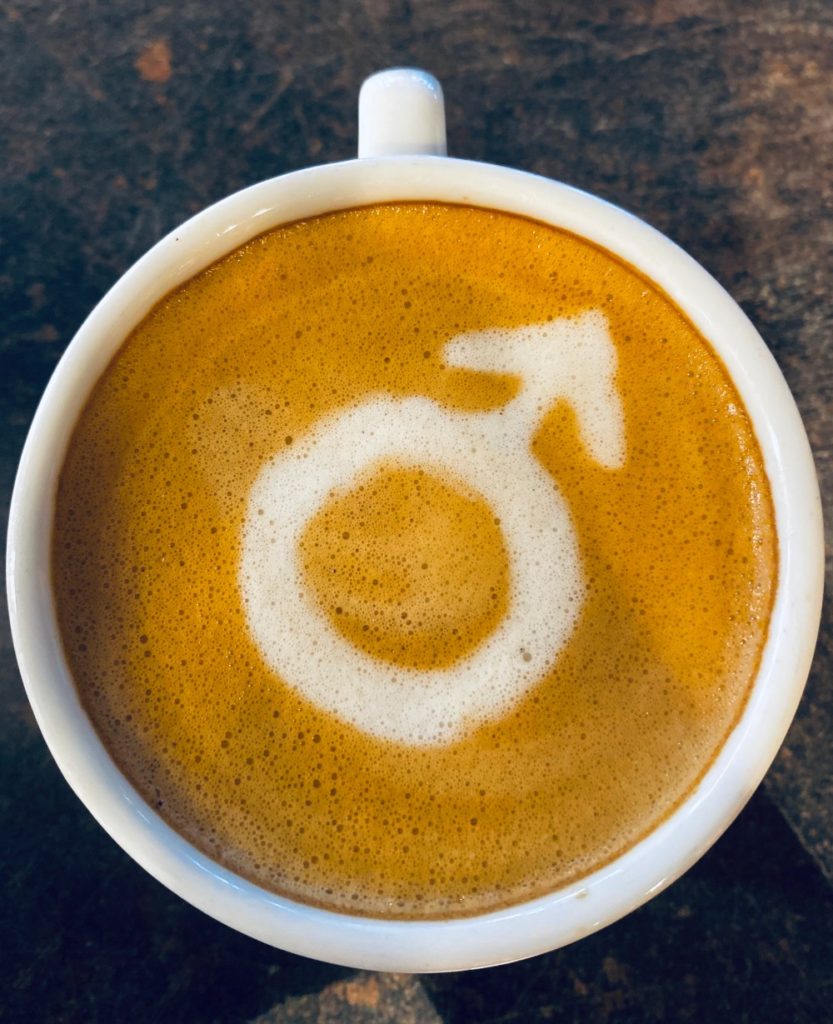
According to Men’sHealth, a study from the University of Texas Health Science Centre at Houston showed that the caffeine in your daily cup of Joe could reduce your likelihood of having ED. This is because it has properties similar to ED drugs such as Viagra. No wonder it was used as an aphroisiac for centuries in Europe and Asia.
Coffee – an Aphroisiac ?
The stimulant triggers a series of effects that cause the arteries in your penis to relax, thus increasing blood flow… both of which are keys to a strong erection! Talk about fun facts about coffee!!
Who knew your regular cup o Joe was ‘John/Jack/Willy/Dick/Woody/Tea Pot/Cockey/Stick o Dynamite/Sugar Cane/Hose/Buddy/Third Leg/Snake/Dip Stick/Donkey Long Silver/Wrecking Ball’ friendly!!?? Coffee is one of penis’ best friends… haha! Yes, coffee is erection-friendly (perks up both brains, if you get my drift)! Scientifically proven people. Polyphenols, can possibly increase testosterone concentrations, enhance blood flow to the penis, and basically help with erectile dysfunction (ED).
Also, it is well known that keeping diabetes in check will also help to keep the penis functioning well. Coffee actually helps to lower your risk of type two (2) diabetes (and by extension some cancers), thereby helping the penis to thrive. Tell me you aren’t happy to hear that!
The next best part for penis…. the caffeine in coffee increases adrenaline levels in your blood, thereby preparing your body for extreme ‘physical exercise’!! (Rolling on the floor laughing at this fun point! No excuses guys…!) Now who’s ready to PLAY!?? Who knew coffee could be such fun!?
4. In 15th century Arabia, coffee was used as a medicine.
During the Middle Ages, Arab physicians discovered that drinking coffee helped treat headaches and other ailments. They also found that it increased energy levels and improved concentration. As a result, people began using coffee as a stimulant.
5. Why Coffee Makes You Poop!
On the gross side… coffee can also cause you to be more friendly with the loo. A fun fact about coffee article must contain a really fun fact, and so: you may be wondering why coffee makes you poop. Excessive coffee intake can cause you to poop more than the usual. In fact, it may outrightly cause diarrhoea.
“We actually don’t know why coffee makes you poop”
Dr. Sameer Islam
Another article states that 29% of participants in a particular study had the urge to go poo within 20 minutes of drinking a cup of coffee! Caffeine is a great energy booster, but it may also stimulate or activate contractions in your colon and intestinal muscles. Contractions in the colon basically pushes the waste to your butt (the final part of your digestive tract).
There are other factors at work apart from the caffeine in the coffee though, because decaf coffee also has the same effect. According to the Men’sHealth article written by Dr. Sameer Islam, MD (a Texas-based gastroenterologist who specializes in the diagnosis and treatment of diseases of the gastrointestinal tract):
- we actually don’t know why coffee makes you poop
- we know that coffee initiates what’s known as the “gastrocolic reflex” – that’s when your stomach “wakes up” from the coffee and starts to contract. This continues down to the small intestine, to the colon, where you will eventually have your bowel movement
- there’s some thought that the acidity of coffee helps to stimulate your bowels, as both decaf and caffeinated has that effect
- there’s something in the coffee beans themselves and the oils that allows you to have a bowel movement with them, as other caffeinated drinks don’t have the same effect as coffee does (so something is in the beans and oils why coffee makes you poop)
- Every person is different in terms of how they respond to coffee’s effects. There are many factors involved in why coffee makes you poop: your tolerance to caffeine, whether you have other conditions (irritable bowel syndrome, heartburn), what kind of coffee you drink (additives of milk), and so on.
- However, up to 400 milligrams (mg) of caffeine a day appears to be safe for most healthy adults. That’s roughly the amount of caffeine in four cups of brewed coffee.
- You can expect poop action as quick as 10 minutes after consumption, but most people get that action when the caffeine level are at the peak in the bloodstream… which is an average of 45 minutes after consumption. So prepare to poo shortly after consumption.
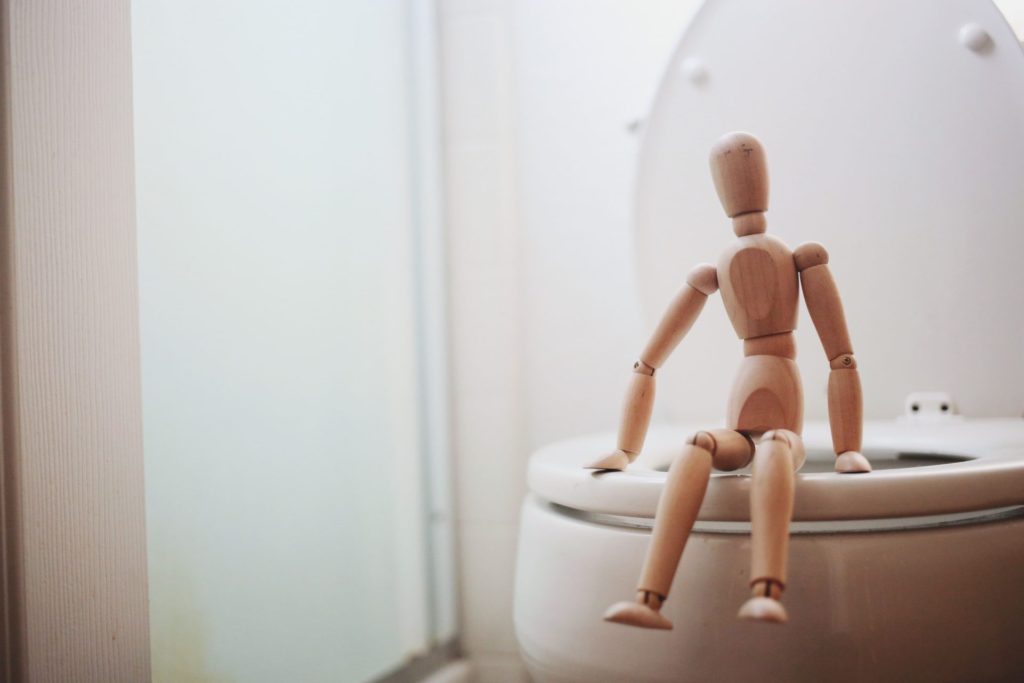
6. The caffeine in coffee stimulates digestion.
Caffeine is a stimulant found naturally in coffee beans. It works by stimulating the central nervous system, increasing blood flow to the brain, and speeding up nerve impulses. This makes us feel more alert and awake. In addition, caffeine speeds up the digestive process, helping food move through our bodies faster.
7. Caffeine increases blood flow to the digestive tract.
Caffeine also stimulates the release of bile, an alkaline fluid produced by the liver that aids digestion. Bile is released into the small intestine where it mixes with stomach acid to help break down fats and carbohydrates. Caffeine also increases the production of gastric juices, which aid in digestion.
Point is, coffee (like any other food or drink) stimulates the gastrocolic reflex (where the colon contracts in response to stretching of the stomach or digestive activity in the small intestine), which gives the sensation of needing a poo. So coffee makes you poop mainly because you drink too much.
Why did the coffee file a police report?
Because it got mugged!
8. In 17th century Europe, coffee was considered a luxury item
By the 19th century, coffee had become so popular that it was being produced by small farmers in Ethiopia. It wasn’t until the late 1800s when coffee became widely available in North America. Today you can get a (decent) coffee from $5 to the more expensive ones at $50 for a bag.
On the effect site of coffee, here is what I found out about coffee with mushroom..
9. Fun Fact About Coffee- Coffee Makes You Pee!
To pee or not to pee… that is not the question!
To pee or not to pee… that is not the question! Fun (or not so fun) facts on coffee: coffee makes you wanna go pee pee. Sorry to be the buzz kill for your love of coffee, but it’s fact. Scientifically backed. But don’t worry… only excessive intake will prompt that.
According to a pamphlet from St. Joseph’s Healthcare in Hamilton, Ontario, Canada, this is how they explain the effects caffeine has on our bladder:
Caffeine is a diuretic which means that it results in an increase in frequency of urination. It can also increase the urge to urinate if consumed in excessive amounts (and they list excessive as 3-4 cups of brewed coffee; which is equivalent to 400 to 450 mg of caffeine). For some of us that’s done even before breakfast…
Caffeine is thought to have a direct effect on the bladder’s smooth muscle. It may irritate the tissues of the bladder and potentially cause an involuntary bladder contraction. This can contribute to urge incontinence.
10. Fun Fact About Coffee- Coffee Gives You Bad Breath!

Oh my word!! Coffee breath… eewwww!!! Coffee breath is a whole different scent from the captivating aroma of brewed coffee! Trust me!
Coffee breath is unpleasant, to put it mildly, and comes along with a dry, uncomfortable feeling in your mouth. Several factors are responsible for this unfortunate occurrence.
Here is a maybe not so fun fact about coffee. The coffee breath… coffee breath is caused by one or more of the following:
- acid content
- sulphur-containing aroma compounds
- caffeine – which causes slightly dehydrating effects
- Tannins – which cause astringency; tannins bind saliva proteins thereby inhibiting saliva production. Saliva is needed to wash away food and other debris, along with odor-causing bacteria. When bacteria remain in your mouth it causes sulphur gas (or volatile sulphur compounds – VSC) which are a root cause of halitosis (a.k.a. bad breath!)
- the sweeteners and milk – bacteria feeds on these
Feel free to pin the image to find the coffee fun facts later!
How do you resolve coffee breath? Here are a few tips that will work:
- brush your teeth after consuming coffee
- use mouthwash after having coffee
- drink a tall glass of water after drinking coffee
- chew on fresh, raw parsley
- chew sugar-free gum or sugar-free breath mint
- a cinnamon stick or vanilla bean can substitute for sugar in your coffee
Looking for more facts on coffee?
Well, then don’t hesitate about checking out these articles:
- A Little Coffee History
- Where Do Coffee Originate From?
Coffee also stimulates the nervous system, causing interesting and wacky/weird effects of wanting to pee or poop, feeling jittery, or even ‘stand on all threes’ .
Conclusion – funny coffee facts
Caffeine in coffee raises the heart rate and blood pressure, increases your energy level, improves your mood, etc. Will coffee keep me awake? Yes, especially if you have too much.
Coffee also stimulates the nervous system, causing interesting and wacky/weird effects of wanting to pee or poop, feeling jittery, or even ‘stand on all threes’ [third leg joke] as the Omi Fireworks song puts it. So try to avoid coffee on empty stomach, as it can cause heartburn if you are sensitive for some reason.
Remember, why coffee makes you poop is mainly due to overconsumption. The most fun fact about coffee that will make you laugh maybe… The point is, it brings great benefits when consumed in moderation (real nutrition facts: coffee beans), and weird reactions when over indulged in. Overall, this gift from nature called coffee is great; coffee boosts your health and longevity. So go ahead and indulge!
If you liked this article, or if you have any facts to add please let me know. I might even fill it in the post to get a more comprehensive funny coffee facts post. Make sure to sign up for newletters.
FAQ
What is an interesting fact about coffee?
Coffee has a fascinating history and many intriguing aspects. One interesting fact is that coffee was discovered by a goat herder in Ethiopia around the 9th century. Legend has it that the herder noticed his goats becoming lively and energetic after eating coffee cherries, leading to the discovery of the energizing effects of coffee.
What are 7 facts about coffee you didn’t know?
1. Coffee is actually a fruit. The coffee bean is the seed inside the fruit, often referred to as a coffee cherry.
2. Coffee is the second most traded commodity in the world after oil.
3. Finland holds the title for the highest coffee consumption per capita.
4. The famous “coffee break” tradition originated in the United States during the Industrial Revolution.
5. Coffee beans can vary in color, ranging from green to various shades of brown depending on the roast level.
6. The caffeine content in coffee beans can vary based on factors like the type of bean and brewing method.
7. Coffee grounds have various practical uses, such as as a natural exfoliant, odor neutralizer, or fertilizer.
What was coffee first called?
Coffee was first called “qahwah” in Arabic, which means “wine” or “dark liquid.” This name eventually evolved into “qahveh” in Turkish, and then “koffie” in Dutch before becoming “coffee” in English.
What are the health benefits of drinking coffee?
Coffee has been linked to several potential health benefits. Studies suggest that moderate coffee consumption may reduce the risk of certain diseases, such as Parkinson’s disease, type 2 diabetes, and liver diseases. Additionally, coffee contains antioxidants that can contribute to overall health and well-being.
Does the caffeine content in coffee vary depending on the type of bean?
Yes, the caffeine content in coffee can vary based on the type of bean. Generally, Robusta beans have a higher caffeine content than Arabica beans. Robusta beans contain approximately twice the amount of caffeine compared to Arabica beans. However, it’s important to note that the actual caffeine content can also be influenced by factors like brewing method, roast level, and serving size.

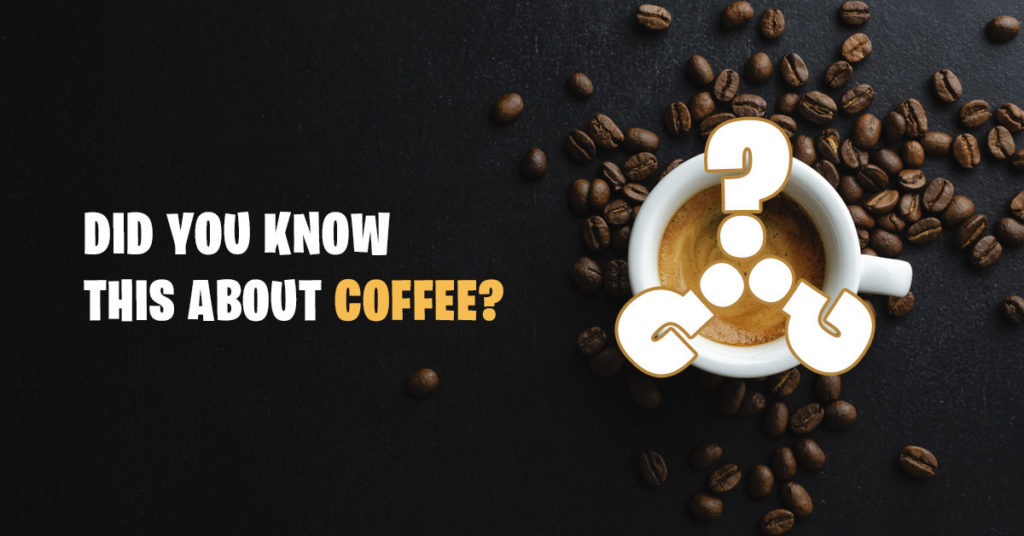
Pingback: A little coffee history | I love coffee-finders
Pingback: Coffee Variety in Central America and the Caribbean
Pingback: Places to visit Honduras. (A coffee tour) | Coffee-finders
Pingback: Coffee Blog-The Beginning | Good coffee